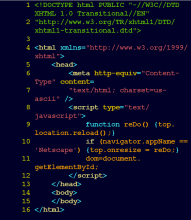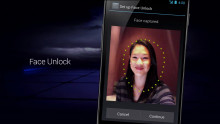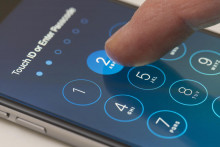Hack Brief: Intel Fixes a Critical Bug That Lingered for 7 Dang Years
Since Intel makes the processors that run, well, most computers, any Intel chip vulnerability—especially one that’s been around for nearly a decade—rings alarms. In the wake of Intel disclosing a longstanding flaw in the remote system management features of some popular Intel chipsets, manufacturers are scrambling to release patches.
It’s not an unmitigated disaster, and it affects enterprises more than consumers. But make no mistake, it’s going to take a major effort to fix.













































































